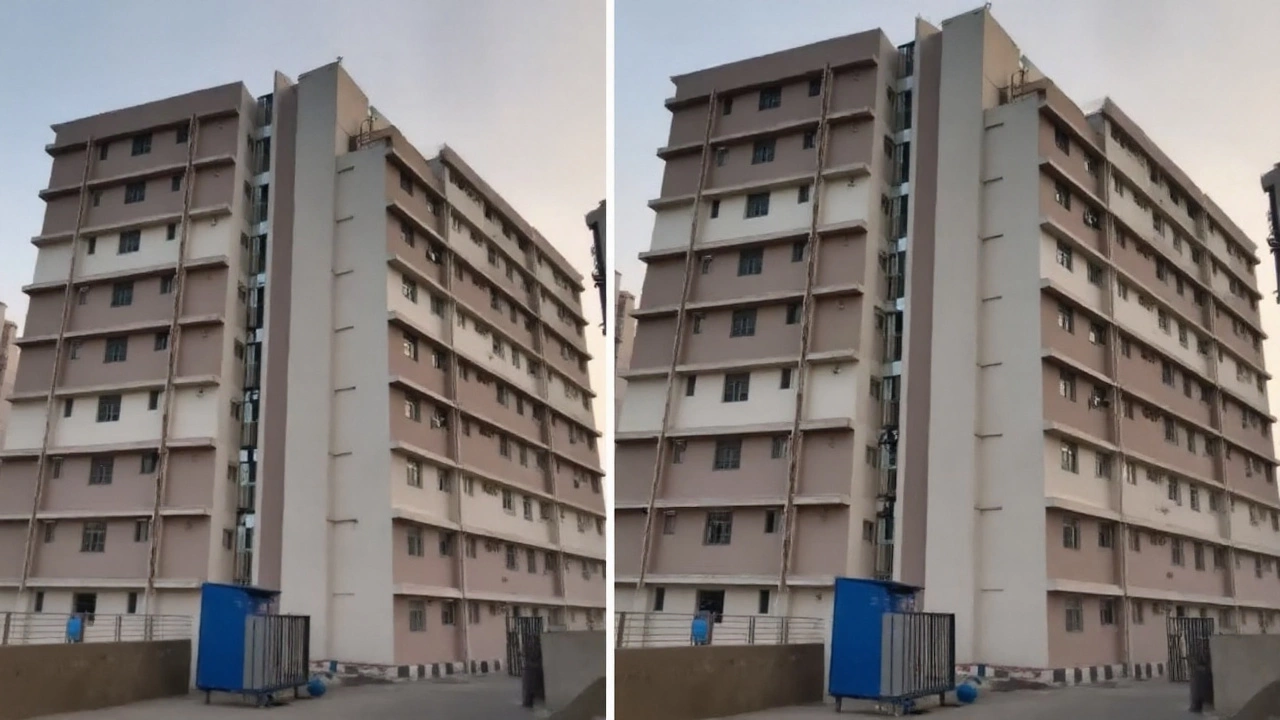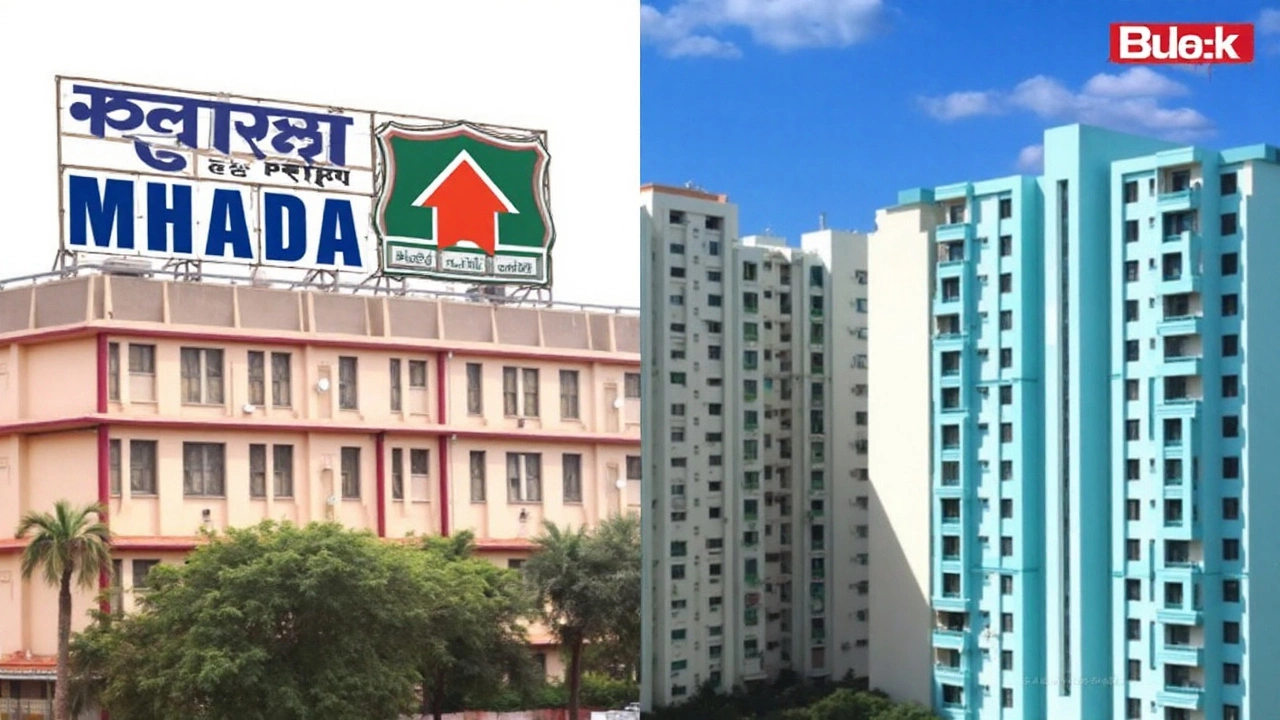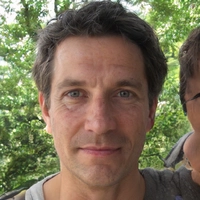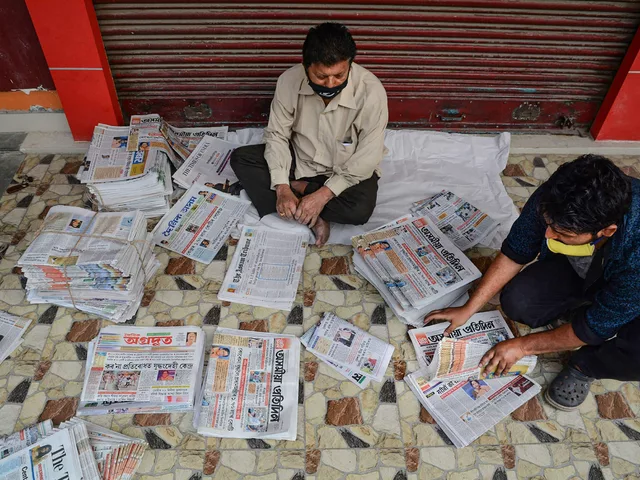How the Lottery Works
Every year the Rajasthan government runs a draw that decides who gets a free pilgrimage under the Rajasthan senior citizen pilgrimage program. Think of it like a giant raffle: 40,000 names are pulled from a pool of seniors who applied online through the Department of Devasthan portal. To qualify, you need to be at least 60 years old and a resident of the state. The online form asks for basic details, a proof of age, and preferred destinations. Once the deadline closes, officials use a computer‑generated randomizer to ensure fairness. The winners receive a confirmation SMS and an email with travel itineraries.
Out of the lucky 40,000, about 36,000 are assigned train seats while the remaining 4,000 get air tickets. The split isn’t random – senior citizens who live farther from the pilgrimage sites or have medical constraints often get the flight option. The lottery has become a trusted way to keep the selection transparent, especially after earlier complaints about favoritism.

What the Scheme Covers
When you’re chosen, the government foots the bill for everything: air or rail tickets, hotel rooms, meals, and even local transport at the shrine locations. No hidden fees or last‑minute charges pop up. A team of officials travels with each group, handling everything from boarding assistance to medical emergencies. They also organize cultural programs and briefings on the significance of each temple or shrine, turning the trip into both a spiritual and educational experience.
Housing is arranged in clean, budget‑friendly hotels that meet senior‑friendly standards – think easy access, grab rails, and on‑site medical staff. Meals follow a simple, nutritious menu that respects dietary restrictions. For the train travellers, the railway provides special sleeper coaches with extra padding and berths that are easier to get in and out of. Air travelers enjoy separate check‑in counters to speed up the process and reduce waiting time.
The scheme has drawn praise from families who say it relieves a huge financial burden. One beneficiary from Jodhpur shared that the trip to Tirupati was a “once‑in‑a‑lifetime dream finally realized,” and added that the accompanying officials were “always ready to help, even when we felt unwell.”
Looking ahead, the state plans to boost the number of flight slots and add more pilgrimage destinations, especially in the north‑east. Officials are also exploring partnerships with private hospitals to provide on‑the‑go health check‑ups during the journeys. With the lottery model proving effective, the hope is that more seniors across Rajasthan will get a chance to fulfill their devotional wishes without worrying about costs.






